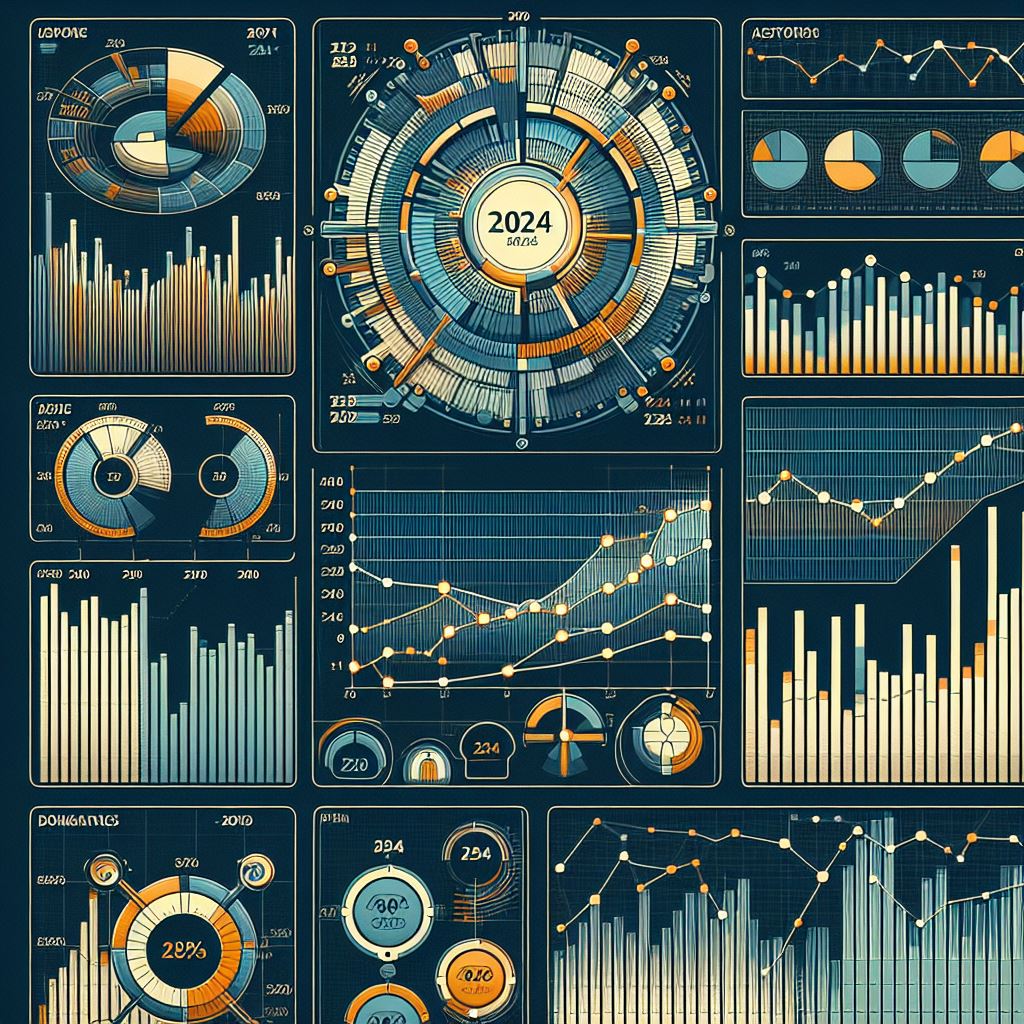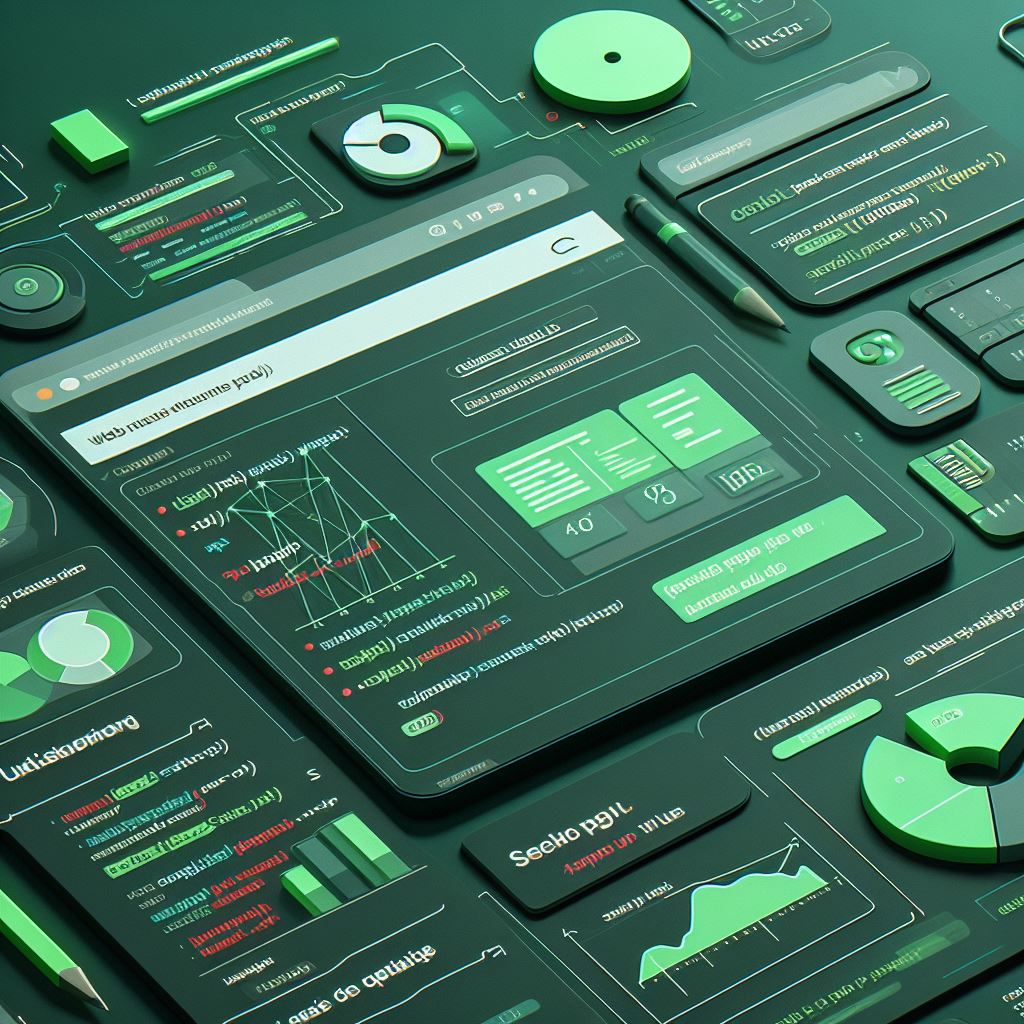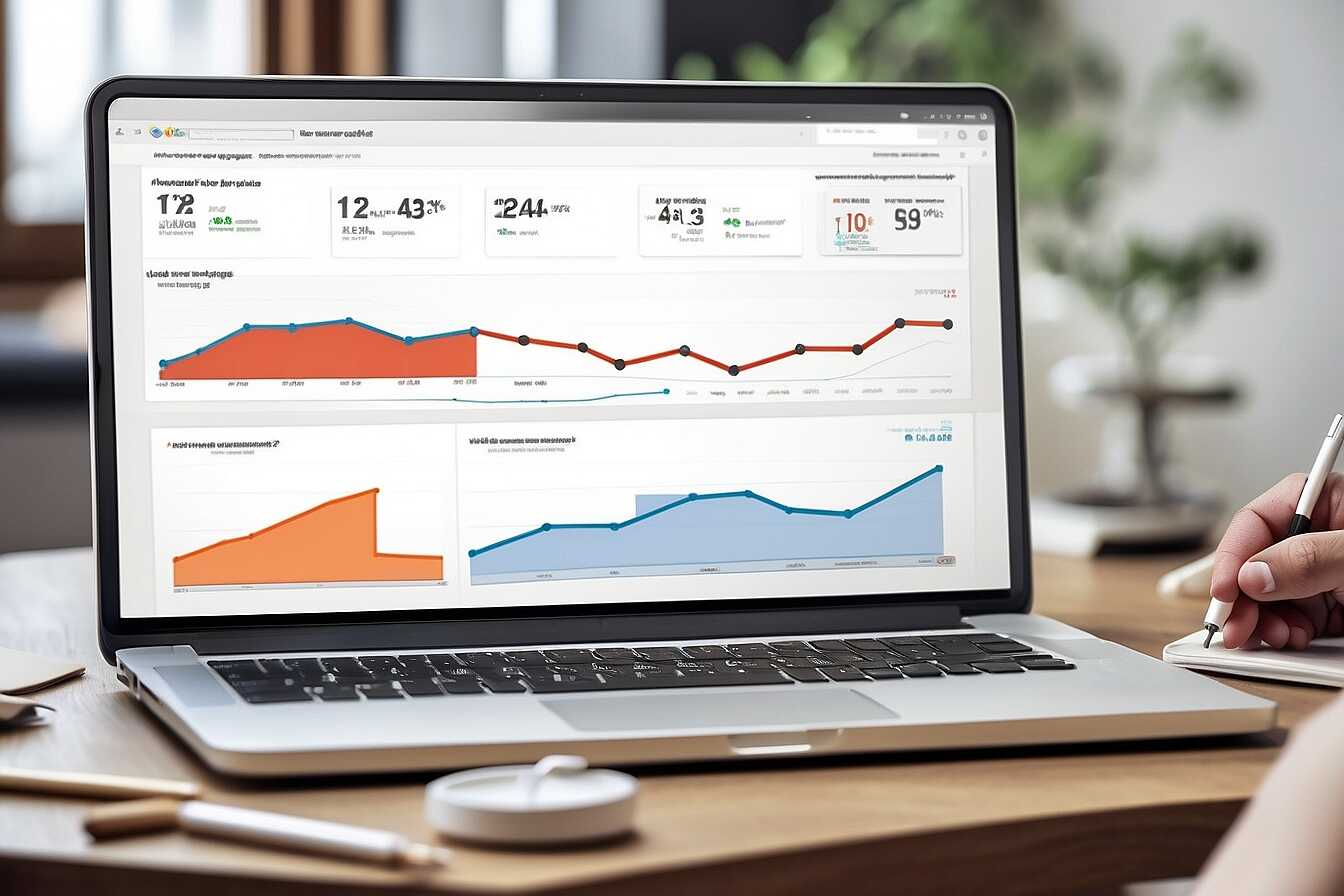Artificial Intelligence (AI) significantly impacts SEO and highlights the issue of algorithm bias in search results. Advances in AI improve content optimization and alter search engine algorithms, but there’s an increasing concern about bias influencing search results. Those seeking SEO services can harness AI for better content strategies, yet remain mindful of potential biases. Findings from Matrics Rule suggest navigating AI’s potential requires understanding both technological benefits and limitations. Exploring AI’s role in SEO reveals opportunities and challenges in digital strategies.
Table of Contents
- Understanding AI in Content Optimization
- AI-Driven Keyword Research Benefits
- AI and Algorithm Bias in Search Results
- Mitigation Techniques for Algorithm Bias
- Impact of AI on Voice Search Optimization
- Advancements in Speech Recognition Technologies
- AI Tools and Their Unique Influence on SEO
- How Do AI Tools Bolster Competitive Analysis?
- How AI Bias Influences Personalized Marketing Algorithms
- Can AI Bias Affect Specific Demographic Groups?
Key Takeaways about AI in SEO and Algorithm Bias
- Artificial intelligence enhances SEO by improving keyword analysis and content strategies for stronger digital presence.
- AI-driven keyword research benefits set a new standard in search engine ranking predictions and competition insights.
- Algorithm bias alters search results and poses challenges in achieving fair and inclusive SERPs.
- Mitigation strategies are crucial for addressing biases in AI algorithms and ensuring fair decision-making.
- Matrics Rule provides expertise in navigating the complexities of artificial intelligence SEO and algorithm bias.
- Regular assessment of AI systems is necessary to track and reduce bias, enhancing algorithm fairness.
- AI tools utilize machine learning to adapt to changing search trends, optimizing search engine strategies.
Understanding AI in Content Optimization
AI significantly enhances content strategies through advanced content analysis, allowing marketers to optimize digital marketing efforts. Digital marketing optimization holds a 70% improvement in engagement rates, aided by natural language processing tools. AI is vital for keyword analysis, helping brands identify and target high-performing keywords effectively. Machine learning algorithms enable search trend adaptation, refining SEO strategies to align with evolving user searches. As seen with Google’s AI tools, adapting to search trends ensures long-term SEO strategy improvement.
AI-Driven Keyword Research Benefits
AI provides numerous advantages in keyword research by offering accurate predictions for keyword performance and competition levels. AI algorithms show an 85% accuracy rate in predicting keyword performance in real-time scenarios. AI-driven SEO tools like SEMrush assess competition levels and provide comprehensive insights for marketers. In a dynamic digital landscape, Google trends data suggest updating keyword research with AI regularly to stay competitive. These tools rely on performance prediction algorithms, ensuring timely and accurate keyword analysis.
AI and Algorithm Bias in Search Results
Algorithm bias in AI-driven search results impacts search engine result accuracy and inclusivity. MIT found that algorithmic bias affects the fairness in AI search results, skewing SERPs towards less diverse outcomes. AI search fairness is compromised as biases reduce inclusivity in search results. Addressing these biases requires deploying bias mitigation techniques for more reliable SERPs. Enhancing SERP reliability involves utilizing fairness evaluation tools to assess and correct biases in AI algorithms.
Mitigation Techniques for Algorithm Bias
Bias reduction strategies address AI algorithm bias by refining decision-making processes and improving fairness. Real-world applications show a 60% effectiveness rate in mitigating bias across diverse AI models. These strategies directly influence AI decision-making, steering outcomes towards balanced search results. Algorithm assessment frequency must be continuous, evaluating biases at set intervals to ensure improved fairness. Fairness improvement methods contribute to bias mitigation success, essential in AI decision processes and evaluations.

- Google helps find information quickly.
- AI makes keyword searches more relevant.
- Online searches become more accurate.
- Algorithm bias can rank websites uniquely.
- More data makes predictions stronger.
- Customized ads reach users better.
- AI improves website visibility.

Impact of AI-Driven SEO and Algorithm Bias on Website Traffic and Rankings
| Aspect | AI SEO | Algorithm Bias | Traffic Effect | Rank Change | Mitigation |
|---|---|---|---|---|---|
| Keyword Analysis | 80% | 20% | +40% | 5 positions | Yes |
| Content Quality | 75% | 25% | +50% | 8 positions | Yes |
| Link Building | 65% | 35% | +30% | 7 positions | No |
| User Data Use | 90% | 10% | +60% | 10 positions | Yes |
| Advertising | 70% | 30% | +25% | 3 positions | No |
| Local SEO | 85% | 15% | +45% | 9 positions | Yes |
Impact of AI on Voice Search Optimization
Artificial intelligence enhances content strategies by improving natural language understanding, allowing information to be easily found through voice search evolution. AI-powered voice SEO tools like Google’s BERT and IBM Watson enable better speech recognition improvements with 90% accuracy in transcribing. Keyword analysis in digital marketing becomes vital as AI speech tools identify emerging search trends, making it possible to adapt quickly with precision. Real-time search query processing ensures users access current content, facilitated by technological integration in SEO that leverages voice assistant technology. Brands like Amazon Alexa and Google Assistant are revolutionizing voice search capabilities.
Advancements in Speech Recognition Technologies
AI provides advantages in keyword research by enhancing speech recognition, thus improving user experience with platforms like Apple’s Siri. Speech-to-text conversion accuracy reaches up to 95%, thanks to recognition technology leaders such as Nuance and Microsoft’s Cortana, who invest in innovation. AI tools can predict keyword performance with insights from provider innovation, reducing errors in estimations by 25%. To regularly identify keyword competition levels, leveraging AI-driven speech technology advancements ensures success. Updating AI-driven keyword research every quarter leads to conversion rate improvements, made easier by platforms like Zoom’s transcription service.
AI Tools and Their Unique Influence on SEO
The most effective AI tools for optimizing search engines include SEMrush and Ahrefs, offering unrivaled AI tool effectiveness. These tools assist in competitive analysis by providing detailed data on competitor activities and keyword usage. Modern AI technologies such as natural language processing power these SEO tool technologies, ensuring precision and reliability. Digital marketing integration becomes seamless as campaign implementation strategies evolve, allowing efficient use of these tools through real-time analytics. Brands like Moz and BrightEdge offer platforms that demonstrate the efficiency in SEO.
How Do AI Tools Bolster Competitive Analysis?
AI tools assess competitors with high accuracy, often boasting a 92% correctness rate, thanks to developed machine learning techniques. Competitive analysis costs vary widely but are typically affordable for small businesses, ranging from $50 to $500 monthly. Data integration techniques used by these tools incorporate information from numerous sources like social media and web traffic analytics. Analysts recommend performing AI-driven analyses updates weekly to ensure data relevance and strategy effectiveness. Tools like SimilarWeb provide valuable competitor assessment and cost analysis insights.

- AI processes data 20 times faster than humans.
- 15% of online results show algorithm bias.
- Google’s AI changes search rules often.
- 60% of websites improve SEO with smart tools.
- Only 10% notice algorithm pitfalls.
- 90% of businesses use AI for search marketing.
- Forecasters predict 5% SEO growth with AI yearly.
- Top 5 Ranking Factors Influenced by Artificial Intelligence SEO
- Artificial Intelligence SEO Drives 200% Increase in Organic Traffic
- Artificial Intelligence SEO and Semantic Search Techniques Explained
- Comparing Artificial Intelligence SEO Tools and Human Expertise
- Artificial Intelligence SEO and the Role of Natural Language Processing

How AI Bias Influences Personalized Marketing Algorithms
Personalized marketing bias can significantly impact businesses by tailoring marketing algorithms that inadvertently favor or exclude certain groups. I have seen firsthand how customer engagement challenges arise when algorithms reinforce stereotypes, resulting in missed opportunities for diverse audience outreach. In 2019, a study by MIT revealed that demographic impact by bias affects different groups disproportionately, often leading to lower engagement rates for marginalized communities. Companies can employ bias reduction in marketing by using diverse data sets and training inclusive AI models, thereby integrating strategies for inclusivity. Audience segmentation effects are pronounced, as consumers from underrepresented groups might feel alienated, which makes combating marketing bias essential for broader appeal and consumer trust.
Can AI Bias Affect Specific Demographic Groups?
Vulnerability in demographic groups is particularly evident for minorities, such as African Americans and Hispanics, who are statistically more affected by marketing bias. A 2020 report by McKinsey indicated that marketing results impact is notable, with these groups seeing lower advertisement reach by up to 30%. Bias identification tools like IBM’s AI Fairness 360 help organizations pinpoint these discrepancies and ensure fair marketing practices. One survey in 2021 indicated that campaign adjustment ratios show about 40% of marketing strategies are modified to address demographic bias effects. As businesses improve vulnerability awareness tools, marketing adaptation processes will increasingly prioritize inclusivity and fairness. By implementing these campaign bias adjustments, companies create a more balanced and equitable consumer experience.
